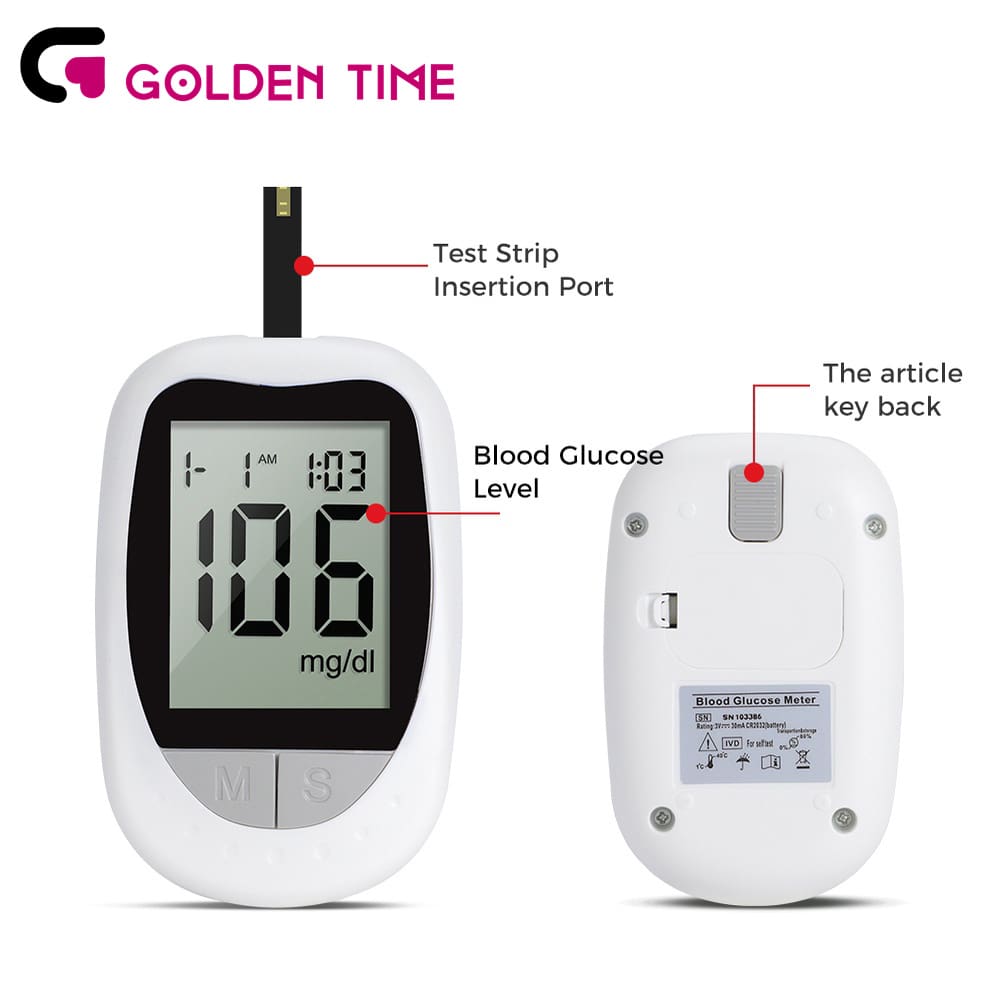Nov . 27, 2024 20:53 Back to list
Covid Antigen Testing Kit for Quick and Reliable Results at Home
Understanding COVID-19 Antigen Test Kits A Comprehensive Guide
As the world continues to navigate the challenges posed by COVID-19, accurate and timely testing remains a critical component in controlling the spread of the virus. Among the various testing methods available, COVID-19 antigen test kits have gained significant attention for their speed and convenience. In this article, we will explore what these test kits are, how they work, their advantages and limitations, and their role in the ongoing pandemic response.
What is an Antigen Test?
COVID-19 antigen tests are diagnostic tools designed to detect specific proteins from the virus that causes COVID-19. Unlike PCR (Polymerase Chain Reaction) tests, which identify the genetic material of the virus, antigen tests focus on the presence of these viral proteins. This makes antigen tests generally faster, yielding results within 15 to 30 minutes.
How Do Antigen Test Kits Work?
Antigen test kits typically consist of a test strip, a solution for diluting the sample, and a swab for collecting the specimen. The process usually involves the following steps
1. Sample Collection A nasal swab is used to collect a sample from the back of the nasal cavity. 2. Sample Processing The swab is then mixed with a buffer solution, which is placed on a test strip.
3. Result Interpretation After a specified waiting period, the test strip will indicate whether the viral antigens are present. Generally, two lines will appear on the strip if the test is positive, while one line indicates a negative result.
Advantages of Antigen Tests
covid antigen test kit

1. Speed One of the significant advantages of antigen tests is their rapid turnaround time. Most tests can deliver results within minutes, enabling prompt decision-making regarding isolation, treatment, or further testing if needed.
2. Ease of Use Antigen test kits are often designed for at-home use, reducing the need for complex lab processing. This accessibility makes testing more convenient for individuals and communities.
3. Cost-Effectiveness Antigen tests are typically less expensive than PCR tests, which can help make testing more widely available, especially in areas with limited healthcare resources.
Limitations of Antigen Tests
Despite their benefits, COVID-19 antigen tests do have limitations. The primary concern is their sensitivity and specificity compared to molecular tests. Antigen tests are generally less sensitive, meaning they may not detect all active infections, particularly in asymptomatic individuals or in the early stages of infection.
This limitation can lead to false-negative results, which could inadvertently provide a false sense of security. Thus, if an individual tests negative but exhibits symptoms of COVID-19 or has been exposed to a confirmed case, it is advisable to follow up with a PCR test for confirmation.
The Role of Antigen Tests in Pandemic Response
Antigen tests have emerged as a valuable tool in the efforts to control the COVID-19 pandemic. They can be used for screening in various settings, including schools, workplaces, and events, assisting in the identification of potential outbreaks. Additionally, they offer a rapid option for individuals who require testing before travel or other engagements.
In summary, COVID-19 antigen test kits represent a practical and efficient method for testing, particularly in circumstances where rapid results are crucial. While they are not a replacement for more sensitive PCR tests, their quick turnaround time and ease of use make them an important part of the broader strategy to manage COVID-19 effectively. As we continue to adapt to this evolving situation, understanding the tools at our disposal, such as antigen tests, will empower us to make informed health decisions.
-
Reliable Early Pregnancy Test Kit Supplier - Multi Plastic Cassette Options
NewsJul.30,2025
-
Transferrin Rapid Test Cassette – Reliable Tumor Marker Detection
NewsJul.29,2025
-
Accurate Follicle Stimulating Hormone Test Kit | Rapid Reliable Results
NewsJul.29,2025
-
High Accuracy LH Ovulation Test Kit - Digital Results & Wholesale Options
NewsJul.29,2025
-
HbsAg Blood Rapid Test Kit for Fast & Accurate Hepatitis B Detection
NewsJul.28,2025
-
Sterile Urine Cup for Safe & Easy Collection | High-Quality Specimen Cups
NewsJul.28,2025

